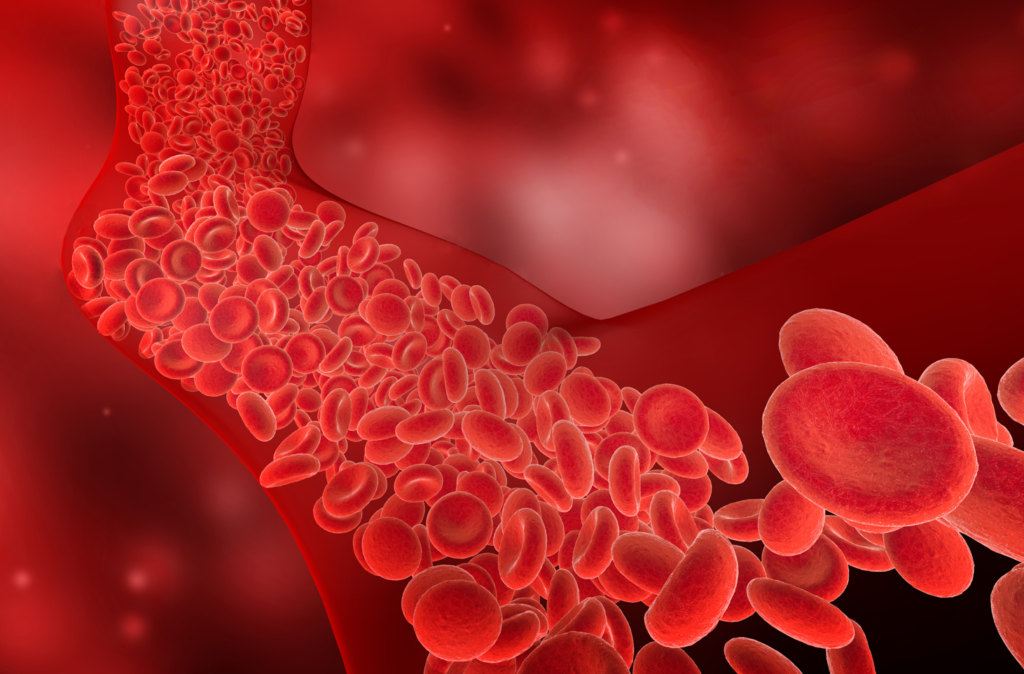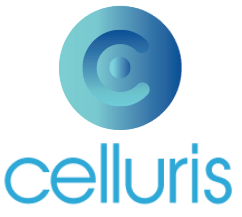Treatment with CAR-T cells (T cells with chimeric antigen receptor) is a form of cell therapy that utilizes the patient’s own immune system cells to combat cancer. This type of treatment is most commonly used in the case of hematologic tumors, such as leukemia and lymphoma.
CAR-T cell treatment was approved by the FDA (Food and Drug Administration) in the United States for use in certain types of leukemia and lymphomas a few years ago. In Brazil, the use of this technique was recently approved, but despite this, there are already advanced studies showing promising results.
In Brazilian territory, CAR-T cell treatment is available in some healthcare institutions and specialized treatment centers. The procedure is not yet widely disseminated in the country due to the high costs associated with this immunotherapy, the technical complexity involved, and the need for specialized infrastructure for cell manipulation.
How the treatment works in hematologic cancer
Treatment with CAR-T cells (T cells with chimeric antigen receptor) is a form of cell therapy that utilizes the patient’s own immune system cells to combat cancer. This type of treatment is most commonly used in the treatment of hematologic tumors, such as leukemia and lymphoma.
The CAR-T cell treatment process involves several steps. First, the patient’s T cells are collected and isolated from the blood. These T cells are then genetically modified in the laboratory to express a chimeric antigen receptor, which is designed to identify and attack cancer cells. Once the T cells have been modified, they are grown in large numbers in the laboratory.
After the CAR-T cells have been expanded, they are then infused back into the patient. Once inside the body, the CAR-T cells recognize and attack cancer cells, destroying them and eliminating the tumor.
CAR-T cell treatment can have significant side effects, such as cytokine release syndrome (an exaggerated immune response that can cause fever, nausea, and other symptoms), as well as potential serious complications. For this reason, CAR-T cell treatment is often reserved for patients with hematologic tumors that do not respond to other forms of treatment.
Some successful examples
Therapy with chimeric antigen receptor-modified T cells (CAR-T) has revolutionized the treatment of relapsed or refractory B-cell lymphomas. According to recently published studies, based on unprecedented response rates and the durability of response in patients with high-risk B-cell lymphoma, CAR-T cell therapy targeting CD19 was rapidly approved by the FDA for a variety of lymphoma subtypes.
For example, anti-CD19 CAR-T cell therapy is now considered standard treatment for patients with relapsed or refractory Aggressive Non-Hodgkin Lymphoma (NHL) after two or more lines of therapy. Recently, three second-generation anti-CD19 CAR-T cell products have also been approved by the FDA for relapsed or refractory aggressive B-cell lymphoma, and FDA approval has also been obtained for mantle cell lymphoma and follicular lymphoma. This has ensured broad access to CAR-T cell therapy for NHL patients, and new real-world trials have helped confirm the feasibility of CAR-T cell therapy for a wide population of patients.
These results demonstrate the effectiveness of the treatment and also show that in other countries, this treatment model has become more common.
How treatment is evolving in Brazil
CAR-T cell therapy is considered an innovative treatment that combats blood cancers and may soon be expanded to other types of cancer.
In the past two years, treatment has been gaining more space in Brazil, thanks to investment from both the public and private sectors. Hospital Abert Einstein was the first to approve a clinical study in Brazil and still conducts studies in the area. Among the initiatives already under development, the work of scientists from the Butantan Institute, the Hemocenter of Ribeirão Preto, and the University of São Paulo (USP) stands out, as they inaugurated two production units in 2023: Nutera-São Paulo and Nutera-Ribeirão Preto. The goal of this project is to expand access to treatment and make it available in the Unified Health System (SUS).
Products already approved by Anvisa
The first sanitary registration approved in Brazil for a gene therapy product based on CAR-T antigen receptor T cells was Kymriah® (tisagenlecleucel), from Novartis Biociências S.A. The product is indicated for the treatment of pediatric and young adult patients (up to 25 years of age) with B-cell Acute Lymphoblastic Leukemia (B-ALL), refractory or from the second relapse. The treatment is also indicated for adult patients with Relapsed or Refractory Diffuse Large B-Cell Lymphoma (DLBCL) after two or more lines of systemic therapy.
Carvykti® (ciltacabtagene autoleucel), from Janssen-Cilag Farmacêutica Ltda, is another product approved by Anvisa. The treatment is intended for patients with multiple myeloma who did not respond to treatment with the three classes of medications indicated for this type of cancer (immunomodulatory agents, proteasome inhibitors, and monoclonal antibodies) and whose disease has returned and no longer responds to available treatments.
TECARTUS® (brexucabtagene autoleucel), from Kite, a Gilead Sciences Pharmaceutical Group company, was also approved. It is indicated for the treatment of adults with mantle cell lymphoma (MCL) when symptoms or disease recur (relapse) or when they do not respond (refractory) after two or more previous treatments. MCL is an aggressive subtype of non-Hodgkin lymphoma that develops from abnormal B lymphocytes. TECARTUS® is the first advanced therapy product indicated for the treatment of this rare cancer in the country.
Finally, Yescarta® (axicabtagene ciloleucel), from Kite, a Gilead Sciences Pharmaceutical Group company, also approved by Anvisa, is intended for the treatment of adult patients with relapsed or refractory Diffuse Large B-Cell Lymphoma (DLBCL) after two or more lines of systemic therapy.
About Celluris
Celluris, a company specializing in cell therapy, was the first company to develop CAR-T technology in Brazil. To this day, it is the one that is most dedicated to this field of study, working to offer personalized therapies to patients. To learn more about this therapy, visit the website.
Although approved and with several ongoing studies, access to CAR-T cell treatment in Brazil is still limited and depends on various factors, such as the availability of treatment in specific healthcare institutions, patient eligibility, and coverage or financing of treatment by health plans or the public healthcare system.


